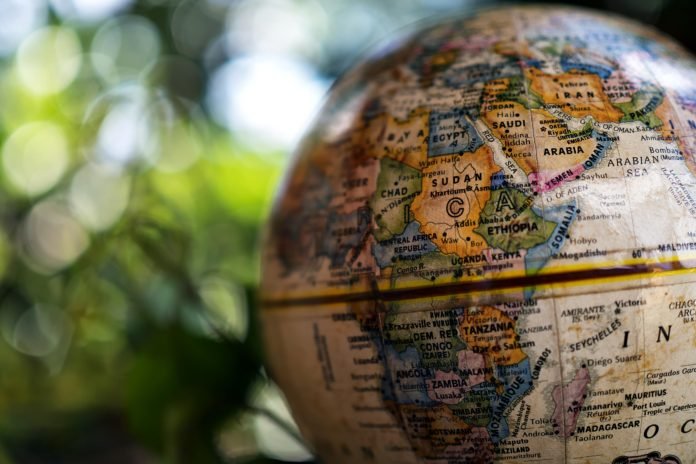The African Continental Free Trade Agreement (AfCFTA), launched in 2018, was supposed to be an exciting example of multilateral cooperation against a growing tide of nationalism and protectionist policies.
The African Continental Free Trade Agreement (AfCFTA), propelled in 2018, should be an energizing case of multilateral collaboration against a developing tide of patriotism and protectionist strategies.
To lose free trade now would be a colossal difficulty. The two choices have benefits and traps, making a problem for policymakers. Nonetheless, the 1 July beginning of unhindered commerce has been pushed out to at any rate 2021 as nations fight the impacts of Covid-19.
Africa was intended to avoid the pattern of withdrawing globalism and mix by making the biggest organized commerce zone on the planet. With the beginning of the pandemic, policymakers were confronted with a quandary: push ahead or delay?
Import charge income misfortunes would presumably be more than made up by higher utilization and corporate duty development.
Free trade – or trade with diminished government charges – would have steadily decreased the expense of imported products and ventures, permitting organizations to give reserve funds to buyers and give request help.
Second, the imagery of incoherent African economies meeting up against extraordinary chances to show created markets the significance of local and worldwide mix would have been incredible.
By postponing, policymakers can hold trade revenue at the present moment.
Most African nations have been compelled to close fringes and lockdown residents to stem the spread of the virus.































